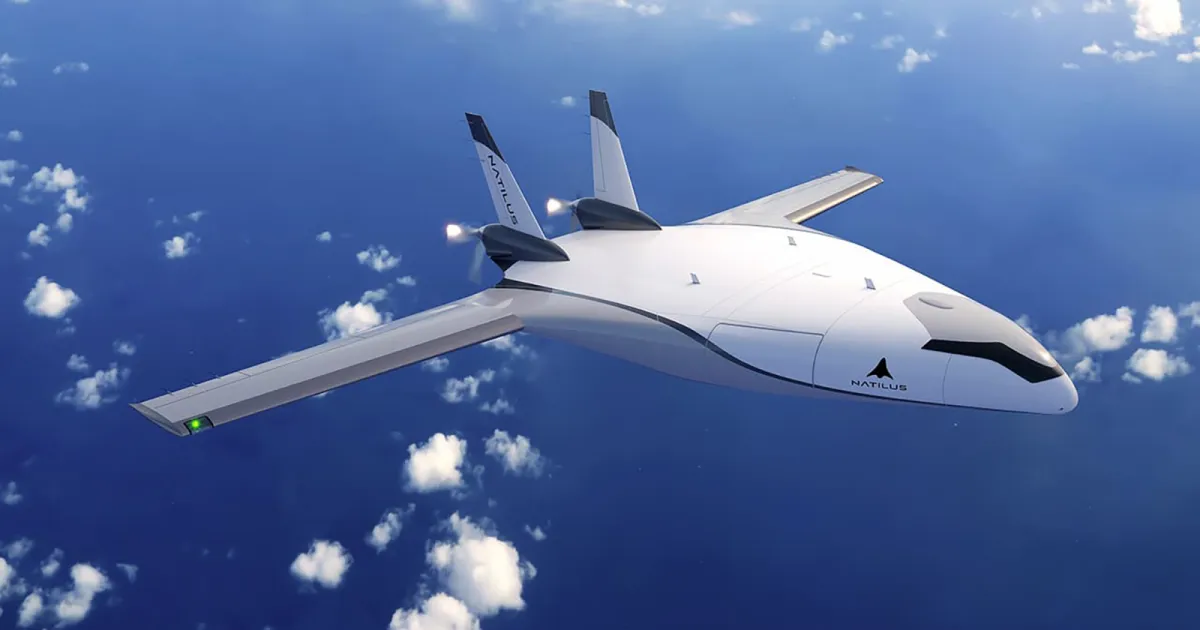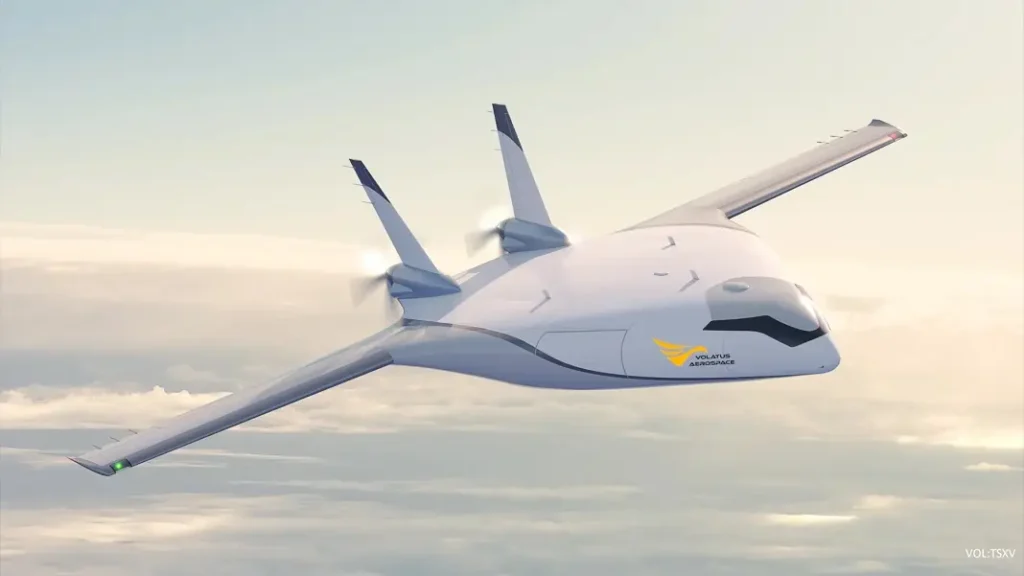
Skyways Secures $5M to Boost Autonomous Cargo Drone Production for DoD
Skyways, an emerging leader in the design and manufacture of long-range autonomous cargo aircraft systems, has announced a significant financial milestone that will enable it to accelerate the transition from prototype to production of its advanced unmanned aerial vehicles (UAVs). The company has secured a $5 million credit investment from Leonid Capital Partners, a defense-focused investment firm committed to supporting companies that are advancing U.S. national security interests through innovation.
This capital infusion comes at a pivotal moment for Skyways, which recently received a $37 million Other Transaction Authority (OTA) award from the U.S. Air Force’s AFWERX program. The funding is targeted at scaling up the production of the company’s third-generation UAV, the Skyways V3, and transitioning it from experimental development into full-rate manufacturing for military logistics missions.
Building Momentum: From Prototype to Production
The $5 million debt facility provided by Leonid Capital Partners is earmarked specifically for ramping up production capabilities for the Skyways V3 aircraft. This new round of funding will help Skyways bridge the critical gap between R&D and full-scale deployment, accelerating its mission to revolutionize aerial logistics with autonomous cargo delivery at scale.
According to Skyways, the V3 platform builds upon the foundation of its earlier V2 model, which is already operational with select customers. The V3 maintains the same advanced autonomy suite while significantly enhancing performance specifications. The aircraft boasts a useful load capacity of 100 pounds, a range exceeding 1,000 miles, and endurance exceeding 20 hours. These capabilities make it ideal for military resupply missions, last-mile logistics in contested environments, and long-endurance ISR (intelligence, surveillance, reconnaissance) applications.
One of the platform’s most notable innovations is its double-hybrid propulsion architecture, which combines electric and heavy-fuel power sources. This configuration enables the V3 to perform vertical takeoff and landing (VTOL) maneuvers with the precision and agility of a helicopter, while transitioning seamlessly into wing-borne flight for extended cruise efficiency. In testing, Skyways has already built multiple V3 prototypes and logged nearly 200 successful test flights—including several with a heavy-fuel engine and up to 8 hours of continuous airborne operation on wing.
Strategic Alignment with Defense Innovation Objectives
The investment from Leonid Capital is part of a broader push to modernize U.S. military logistics using autonomous technologies. As great power competition intensifies and the U.S. Department of Defense pivots toward more distributed and resilient force structures, there is growing demand for unmanned solutions that can support contested logistics without putting human lives at risk.
“Skyways is setting the standard for next-generation aerial logistics,” said Chris Lay, Co-Founding Partner at Leonid Capital Partners. “Their V3 platform is engineered with speed, precision, and reliability at its core. From their vertically integrated approach to their relentless focus on innovation, Skyways exemplifies the type of transformational company we exist to support. They’re not just building aircraft—they’re building the infrastructure for a new era of mobility. And that’s exactly the kind of change we want to help accelerate.”
Leonid Capital Partners has built a reputation for backing frontier-tech companies in aerospace, defense, and dual-use technology sectors. The firm specializes in providing flexible, non-dilutive financing to companies serving the national security community—especially those advancing from early-stage innovation to production readiness.
Skyways’ CEO and Co-Founder Charles Acknin expressed appreciation for the strategic partnership with Leonid, emphasizing how aligned their missions are in terms of accelerating U.S. defense innovation.
“This funding is a strong vote of confidence in the business we’ve built at Skyways,” Acknin said. “With the $37 million OTA award we secured from the Air Force and now this $5 million from Leonid, we are officially entering the next chapter—moving from prototype testing to sustained production and procurement. These are foundational steps toward achieving a Program of Record designation. We’re proud to be helping the DoD rethink how aerial logistics should be done, and we’re just getting started. More exciting announcements are coming soon.”
Addressing Critical Military Needs

The U.S. Department of Defense is increasingly focused on developing logistics capabilities that can support distributed operations across highly contested environments such as the Indo-Pacific. In such scenarios, traditional supply chains relying on human-operated convoys or manned aircraft are increasingly vulnerable to disruption.
Autonomous systems like Skyways’ V3 aircraft can play a transformative role by delivering supplies to austere or denied locations without exposing personnel to risk. Because the V3 can launch and recover vertically without the need for runways, it is ideally suited for forward-deployed operations in terrain-limited or infrastructure-poor environments.
Moreover, the system’s long endurance and low operational footprint allow for discreet, persistent operations, making it ideal for missions where stealth and persistence are key. The aircraft’s modular payload bay further enables mission-specific configurations, including the carriage of sensitive electronics, medical supplies, or even communications relays.
The V3’s heavy-fuel compatibility—another key differentiator—enables alignment with military logistics chains, where JP-8 and similar fuels are standard. This means Skyways’ drones can be refueled using existing infrastructure, eliminating the need to build separate fuel supply systems in the field.
Scaling Toward the Future
Skyways has adopted a vertically integrated manufacturing strategy that gives the company direct control over its supply chain, engineering quality, and speed of innovation. This approach allows for rapid iteration, seamless integration of hardware and software, and accelerated production cycles—all of which are essential in meeting the urgent needs of military customers.
The new $5 million debt facility will be used to increase production capacity, hire additional engineering and operations talent, and expand test and certification activities in preparation for deployment. With AFWERX support and Leonid’s backing, Skyways is positioning itself not just as a defense contractor, but as a strategic enabler of next-generation logistics.
Beyond defense, the company is exploring opportunities to adapt its UAV technology for commercial applications, such as critical infrastructure inspection, humanitarian aid delivery, and time-sensitive medical transport. However, its immediate focus remains firmly on scaling up to meet the Pentagon’s evolving mission needs.
With nearly $42 million in funding secured in recent weeks, Skyways is building momentum at an impressive pace. The company is now focused on transitioning its V3 aircraft into a fully deployable solution for the U.S. military, with sights set on broader adoption across the Department of Defense.
As it stands, Skyways is more than just a UAV manufacturer—it’s a systems innovator shaping the future of aerial logistics. With strong financial backing, technical momentum, and a clear national security mission, the company is on a trajectory to become a key enabler of autonomous resupply in the modern battlefield and beyond.
“This is just the beginning,” Acknin added. “We believe autonomous logistics will be one of the defining defense technologies of the next decade, and Skyways is proud to be leading the charge.”

